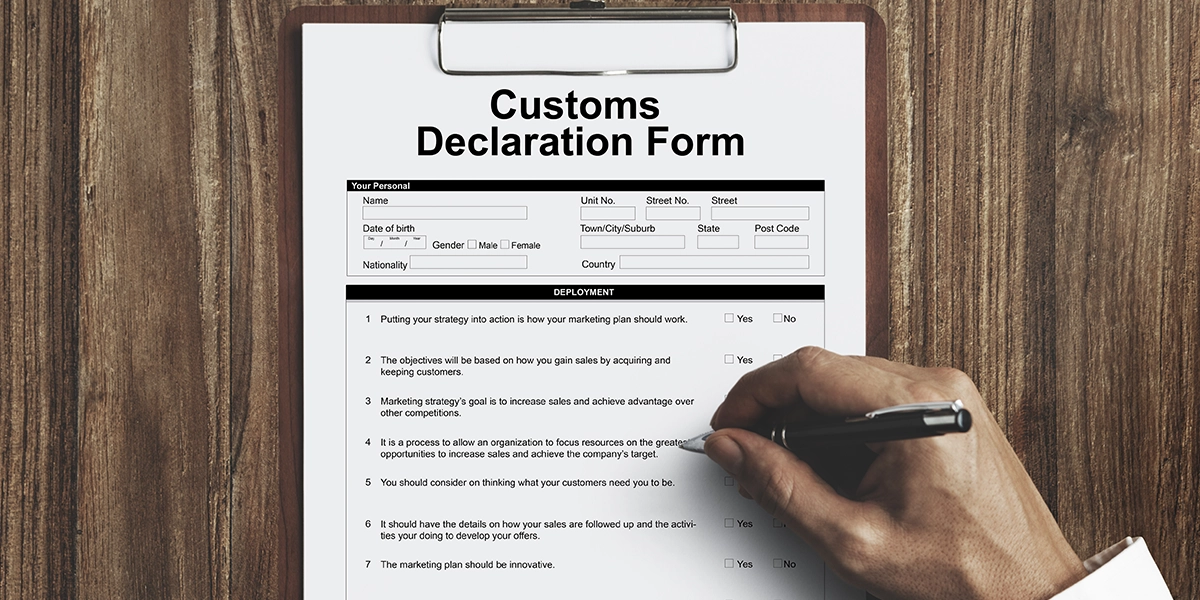HMRC tax investigations can vary significantly in scope and duration, largely depending on the nature of the suspected non-compliance. In particular, the HMRC investigation time limits are a crucial factor, as they influence how long an investigation might last. The scope of an investigation is determined by the specific issues identified and can expand to include various aspects of a taxpayer’s financial activities.
Which factors influence the HMRC investigation scope?
The HMRC investigation scope is mainly influenced by the type and seriousness of the suspected non-compliance.
- Minor mistakes may only result in an enquiry into one entry, such as VAT returns or payroll records.
- Suspected fraud or tax evasion can trigger a full investigation into all financial activity, often going beyond the standard time limit.
- Complex businesses with overseas dealings or multiple income sources are more likely to face wider reviews because of the higher risk of compliance issues.
How long does HMRC have to open an enquiry?
HMRC usually has 12 months from the date the return is filed to open an enquiry. If the return was submitted on or before the 31 January deadline, the time limit starts on the actual date of filing.
How many years back can HMRC investigate?
The length of time HMRC can go back depends on behaviour:
- 4 years for innocent mistakes
- 6 years for carelessness
- 12 years for offshore income or gains not disclosed
- 20 years for fraud or deliberate non-disclosure
For VAT, careless errors are limited to four years.
How long does HMRC investigation take?
There is no fixed timeline, so the question of how long does HMRC investigation take depends on the circumstances. Several factors can extend the process:
- Large volumes of records to review
- Delays in providing documents
- The need for expert or third-party analysis
- Expansion of the scope to partners, directors, or related businesses
The standard time limits apply, but practical issues often make cases last longer.
Can HMRC expand an investigation?
Yes. HMRC can widen the enquiry if they find further issues. They may:
- Investigate company directors or partners to check personal tax compliance
- Extend the enquiry to connected businesses if irregularities suggest linked problems
What powers does HMRC use to get information?
HMRC relies on powers in the Finance Act 2008, Schedule 36. This allows them to demand records such as accounts, tax returns, PAYE records, VAT submissions, and bank statements. While no strict time limits apply, HMRC must show that the information is relevant before requesting older documents.
What will HMRC look for in an enquiry?
HMRC focuses on whether your return is accurate. They may:
- Check unusual or suspicious entries
- Test whether expense claims are valid
- Carry out a full review of all business and personal records
How far back can HMRC claim unpaid tax?
If HMRC finds unpaid tax, they can recover it for the relevant period. Interest is added, and penalties apply. Penalties vary:
- Up to 30% of the outstanding tax for carelessness
- Much higher percentages for deliberate dishonesty
Can you challenge HMRC assessments?
Yes. HMRC can only issue a discovery assessment if tax was lost due to carelessness or dishonesty or if the error could not reasonably have been spotted within the one-year enquiry window. If HMRC issues an invalid assessment, you can appeal to the tax tribunal within 30 days.
How can Apex Accountants helps with HMRC investigation time limits?
At Apex Accountants, our HMRC tax advisors in the UK provide:
- Expert guidance on dealing with HMRC enquiries
- Help with preparing and submitting required documents
- Planning for possible scope expansions
- Ongoing support and representation until the case is resolved
By seeking advice early, you can reduce delays, keep time limits under control, and avoid unnecessary penalties. Contact us today to discuss your case and get professional support with HMRC investigations.









